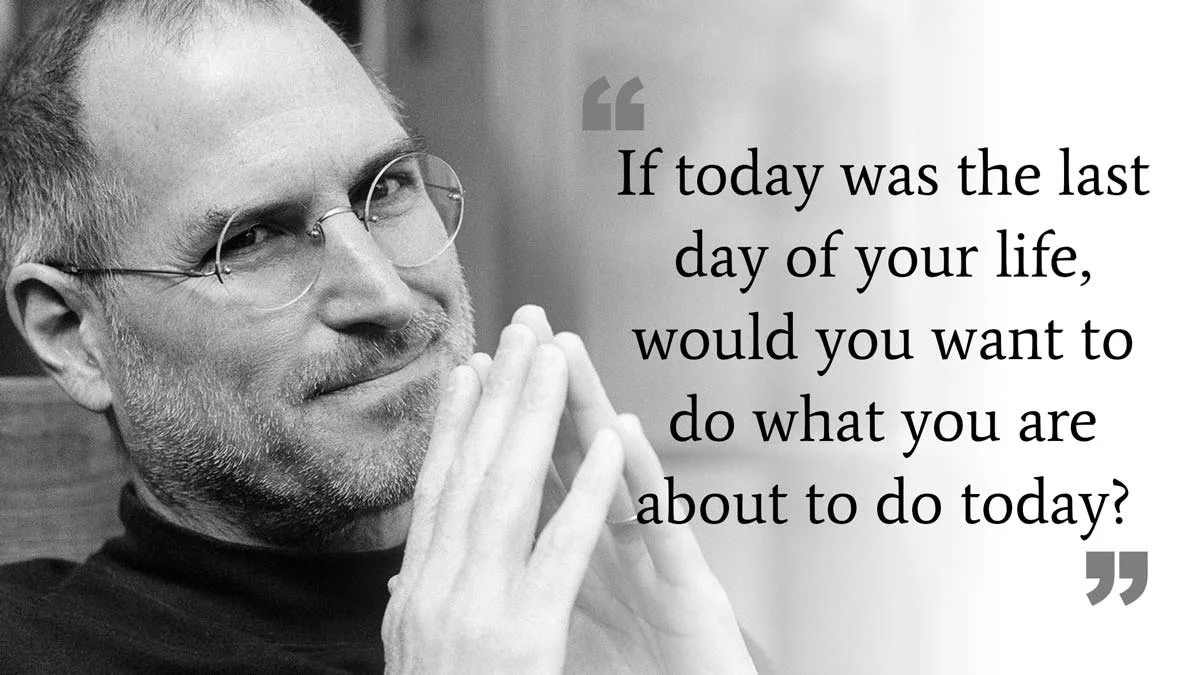Analyzing great world leaders
As we saw in the last post, attachment styles are emotional and behavioral patterns that describe how people relate to others, especially in situations of intimacy or emotional dependence. These styles develop in childhood based on interactions with primary caregivers, and tend to influence relationships throughout adult life.
Although each leader leads differently, by analyzing the way they behave, it is possible to conceptualize different leadership styles, which depend on character and circumstances. Each business manager combines, in different proportions, various leadership styles. Positive, transactional, participatory or democratic, autocratic, trainer or coach, visionary, transformational, charismatic style... are some of the types of leaders.
Business leadership can be defined from multiple points of view but in general terms it is described as the managerial capabilities that a person has to influence the way of acting and being of a certain work group, getting it to act enthusiastically to achieve the objectives.
In this post, we take a tour of the leadership style of different successful entrepreneurs.
Bill Gates, founder of Microsoft
He knew how to combine creative genius with good business management. He defined Microsoft's mission to put a computer in every office and every home. In his leadership, aspects of various styles can be perceived: positive, transformational, participatory or democratic. Also he had the ability to discover what users needed and provide it to them at the right time. Supporter of simplicity and teamwork.
Sergio Marchionne, CEO of Fiat Chrysler Automobiles (FCA)
He was hired by the Agnelli family, owners of FIAT, in 2004, when the Italian automobile group was losing a lot of money. Marchionne took drastic measures by removing the established managers and replacing them with young talents whom he promoted, trained and encouraged. He made structural and expense reductions by closing unprofitable plants and disciplined unions with excessive power. He combined autocratic, participative and coaching leadership styles.
Steve Jobs, founder of Apple
He was a genius who revolutionized several business sectors: computing, cinema, music, telephony. He had unmatched creativity and sometimes in parallel, a lack of business management skills. In 1985 he was fired from Apple (founded by him in 1976) because his lack of realism put the company on the brink of collapse. He sometimes suffered from outbursts of bad mood and was a very perfectionist. His legacy is one of the most valuable and valued companies. His way of leading reflected the complexity of his character: autocratic, visionary, charismatic and participatory.
Indra Nooyi. CEO of PepsiCo
She was born in India. With her, the beverage and food company took important steps to minimize the environmental impact of its activities and be more sustainable. It went ahead to reduce ingredients harmful to health in its products, enduring criticism from those who only cared about profit. She used to say that “no one will be remembered for bringing income to shareholders. "They will remember you for the impact you made on society." Her leadership style is a combination of transformational, autocratic, democratic and participatory.
Elon Musk, CEO of Tesla, Space X and owner of Twitter
The extreme confidence he shows in himself marks the type of leadership exercised by the South African-American-Canadian businessman and visionary. Musk founded and led companies such as Tesla, Space X and Neuralink, always being characterized by his bold vision in the execution of innovative projects. In this way, he has become an influential figure in the field of technology and space exploration. Elon Musk has revolutionized the automotive industry with electric vehicles and made significant advances in the space race. His famous phrase “I want to be remembered as someone useful to society” demonstrates his focus on long-term positive impact. Musk is characterized by his visionary leadership, challenging conventional boundaries and constantly pushing the limits of creativity.
Jeff Bezos, CEO of Amazon
Jeff Bezos is an American businessman and philanthropist, known for being the founder and CEO of Amazon, the largest e-commerce company in the world. During his leadership, Amazon has grown from an online bookstore to a global platform spanning multiple industries. Bezos has driven Amazon's expansion through bold strategies, prioritizing customer satisfaction as a central pillar of its business model by maintaining a friendly business culture focused on excellence. Jeff exercises a charismatic leadership style by enthusing and motivating his employees to achieve goals, and also applies orientative leadership, reflected in his ability to define and explain the organization's mission, allowing employees the freedom to find their way to achieve it.
Though I don't compare myself to these remarkable leaders, I reflect on my own leadership style, which has evolved over the years. In my upcoming book, I describe my transformational approach of leading by inspiring and driving meaningful changes that are lasting. I believe in nurturing individual potential, fostering happiness and success at work, and promoting a culture of innovation and collaboration. Authenticity, empathy, and leading by example are very important to me.
Now that you have read these specific examples of some of the most outstanding leaders on the planet in various fields, what type of leader do you consider yourself to be? What is the type or style of leadership that you think is most appropriate for the operation of your company? You have the answer to know what is most convenient when running an organization, depending on your personality traits, the context and the circumstances.
Exciting news 🗣️📧
I'll start sending exclusive newsletters to those who subscribe to my blog, aiming to provide detailed information and tools on workplace happiness and leadership. As a leader in both multinational and entrepreneurial settings with notable success, I want to share some of my strategies with you. Subscribe to join this new community.






